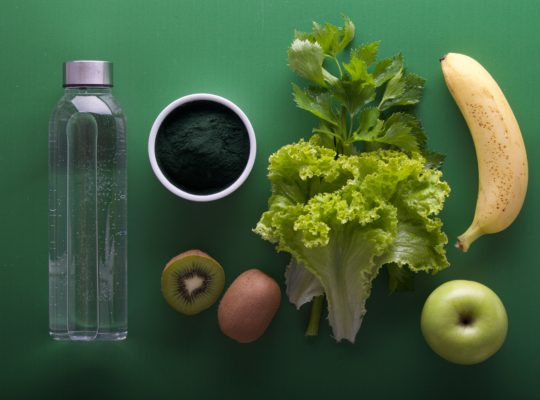Whatever is true, whatever is noble, whatever is right, whatever is pure, whatever is lovely, whatever is admirable—if anything is excellent or praiseworthy—think about such things.
Philippians 4:8
What roles do emotions play in our long-term physical and mental health? That’s the question that Barbara Fredrickson, director of the UNC Chapel Hill positive emotions and psychophysiology laboratory (PEP lab), has been working to answer.
Dr. Fredrickson’s research has confirmed scores of short-term and long-term benefits of regularly experiencing positive emotions like joy, appreciation, love, and compassion.
When we think about the lifestyle factors that contribute to our health, we often think of food, exercise, and sleep. But what about our emotions? Every emotional state has a physiological state that goes along with it. Emotions are full-body experiences with profound effects.
In the short term, when people experience positive emotions they are more creative, resilient, and flexible. Positive emotions act as a reset button after negative experiences. New research is also finding powerful long-term health benefits, such as improved cardiovascular measures, beneficial gene expression, reduced inflammation, and stronger immune system function.
In our productivity-driven culture, we often forget to prioritize activities that truly bring us joy. Instead, we pack our days with things that either help us achieve future goals – in hopes of experiencing joy later – or bring us instant gratification and that quick dopamine hit now. But new research is finding that taking time to prioritize real positive emotions in our daily lives can pay off not only in the moment, but in our long-term health, learning, growth, and well-being.
What kinds of things bring you REAL joy, appreciation, or gratitude?
Does that feel like a selfish question to ask yourself? I’m not just talking about “doing what feels good.” Sure, a massage or a pedicure can be a lovely experience and can provide real therapeutic effects. But one of the most the intriguing results of Dr. Fredrickson’s research is that the most benefits come from experiencing positive emotions in alignment with our values – activities that contribute to our meaning and purpose in life. We are created to live in community, to love others well, and to fulfill a purpose in our lives. When we do these things that we were uniquely created to do, we feel gratitude, joy, love, and appreciation. Afterward, our bodies reward us with better gene expression, improved stress reslience, and better immunity. Isn’t that beautiful?
What have you done TODAY that fits into this category? Perhaps you met a person’s need that only you could meet. Or maybe you took another step toward that work assignment in a calling that gives your life meaning. Did you encourage someone that needed it today? Or did you look at something in God’s creation with fresh eyes and new appreciation? Or maybe you kissed your child’s skinned knee when they fell down and needed comfort.
What would your life look like if you were to include at least one thing each day that brought you real joy, appreciation, love, or compassion, then savored the experience and let the emotions linger?
What do you have planned today that you know will bring a smile to your heart AND make a deposit in your health and wellness bank account for the future? Leave a comment and let me know!



